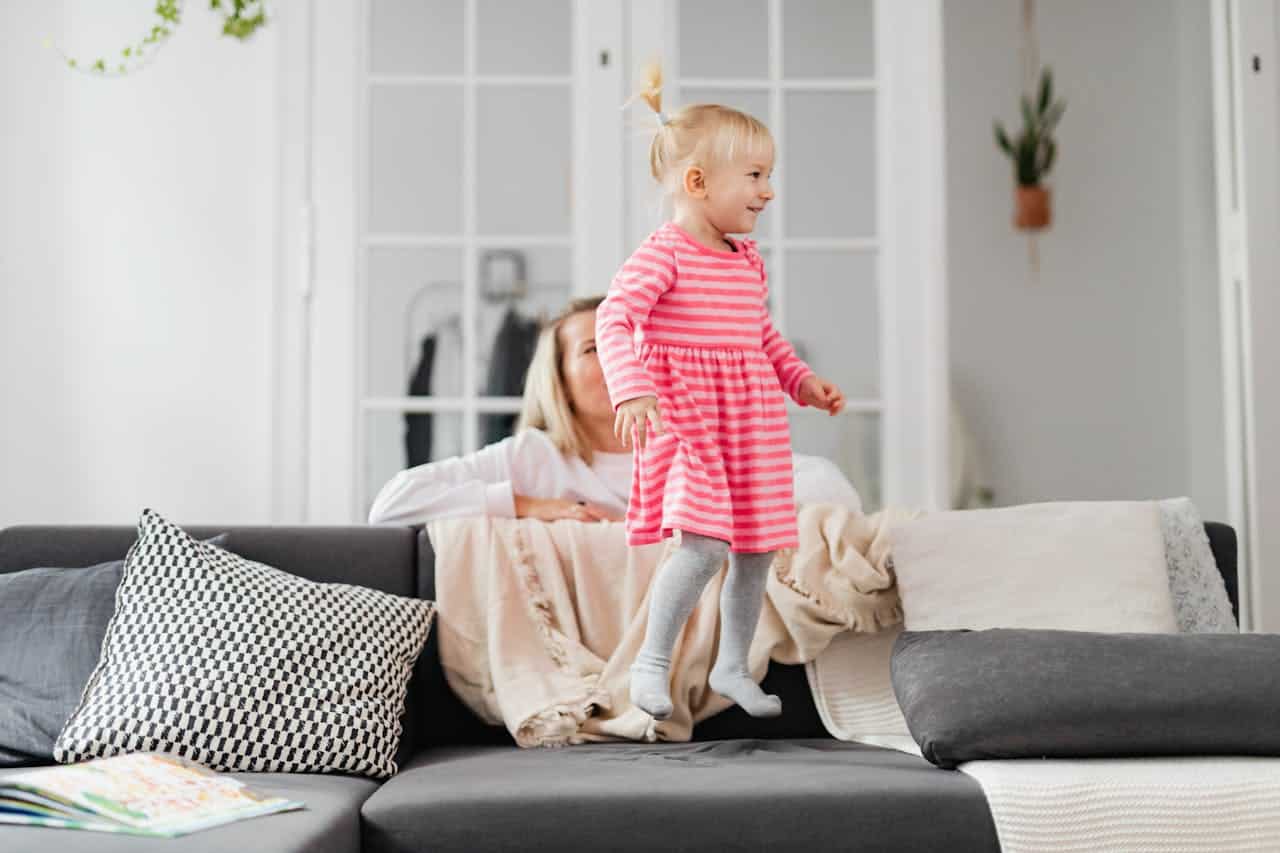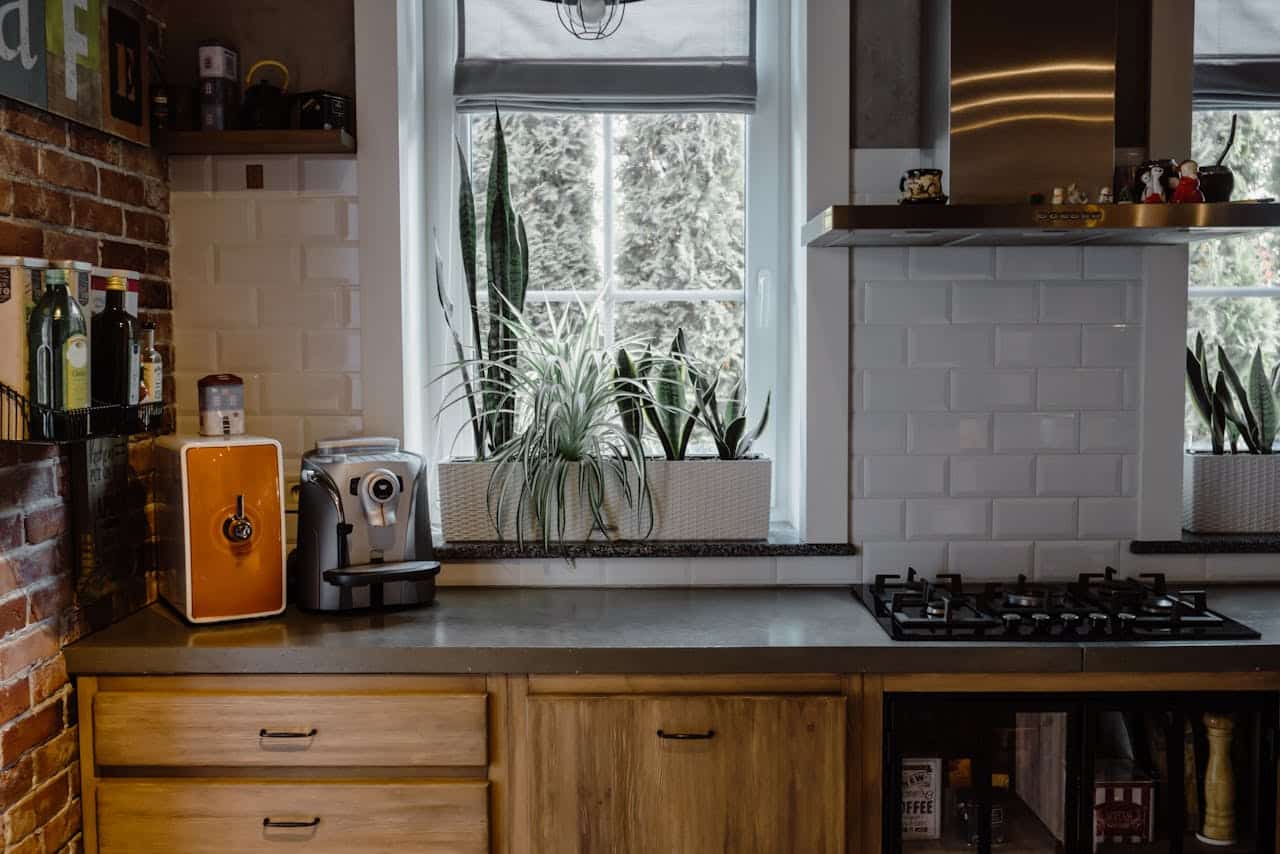Key Takeaways
- Renting provides flexibility and lower upfront costs but no equity.
- Buying requires higher upfront investment but builds long-term wealth.
- Minnesota homeowners face property taxes, insurance, and maintenance that renters avoid.
- Market conditions, lifestyle needs, and how long you plan to stay influence the decision.
- Loan programs and state assistance make homeownership more attainable for first-time buyers.
Renting vs Buying in Minnesota
Deciding between renting and buying a home in Minnesota is one of the most important financial choices you’ll make. Each option has its own advantages, costs, and long-term implications. While renting can offer flexibility, buying builds equity and stability. The right decisiondepends on your lifestyle, financial situation, and goals.
This guide explores the most common questions Minnesotans ask when comparing renting and buying.
What Are the Main Financial Differences Between Renting and Buying?
Renting typically involves paying a landlord each month without building equity. Buying, on the other hand, requires a mortgage payment that contributes toward ownership of your home.
Renters face fewer upfront costs but no long-term asset growth. Buyers take on closing costs, maintenance, and property taxes but also gain equity and the potential for appreciation.
How Do Monthly Costs Compare in Minnesota?
- Renting: Average rent in Minneapolis–St. Paul is around $1,400–$1,800 per month depending on location and amenities.
- Buying: Monthly mortgage payments vary by home price and interest rates. Many Minnesota buyers pay between $1,300–$2,000, with additional costs for taxes and insurance.
In many cases, monthly costs for buying and renting are comparable, but only ownership builds long-term value.
What Upfront Costs Should You Expect?
- Renting: Security deposit (usually one month’s rent) and possibly first/last month’s rent.
- Buying: Down payment (3% to 20% depending on loan type), closing costs, and inspection fees.
While buying requires more upfront, programs like FHA, VA, and USDA loans can lower down payment barriers for Minnesota buyers.
How Does Home Equity Impact Your Future?
Equity is one of the biggest advantages of buying. Each mortgage payment reduces your loan balance while your property value may rise over time.
In Minnesota, where home values have steadily appreciated in many areas, buying can serve as a strong long-term investment compared to renting.
What About Flexibility and Lifestyle Needs?
Renting is ideal if you need mobility — for example, if your career may require relocating. Leasing also avoids long-term maintenance responsibilities.
Buying offers stability, the ability to customize your space, and stronger ties to your community. Families or individuals planning to stay in Minnesota long term often find ownership more beneficial.

How Do Taxes and Insurance Factor In?
Renters typically don’t pay property taxes or homeowners insurance directly. Owners must budget for both:
- Property taxes: Average around 1% of home value annually in Minnesota, varying by county.
- Insurance: Annual premiums average $1,400–$1,600, depending on location and coverage.
These costs increase monthly payments but are essential to protecting your investment.
What Are the Maintenance Responsibilities?
Renters rely on landlords to handle repairs and upkeep. Homeowners are fully responsible for maintenance, from furnace tune-ups to roof repairs.
Minnesota’s climate adds unique challenges, including snow removal, heating costs, and storm damage prevention. These costs can range from hundreds to thousands annually.
Does Renting or Buying Offer More Stability?
Homeownership provides long-term stability. Your mortgage payment is predictable (especially with a fixed-rate loan), while rent can increase yearly.
For renters in high-demand areas like Minneapolis or Rochester, annual rent hikes can make buying the more stable financial option.
How Do Loan Programs Affect the Decision?
First-time Minnesota buyers have access to several programs that make ownership more attainable:
- FHA loanswith low down payments.
- VA loanswith zero down and no PMI for eligible veterans.
- USDA loansoffering zero down in rural areas.
- State programslike Minnesota Housing’s first-time buyer assistance.
These options can make buying competitive with renting.
How Long Should You Stay in a Home to Make Buying Worthwhile?
A general rule: plan to stay at least 3–5 yearsto offset the upfront costs of buying. If you’re only in Minnesota temporarily, renting may be more practical.
For long-term residents, homeownership almost always provides greater financial benefits.
How Do Market Conditions in Minnesota Affect the Choice?
Housing market trends matter. Rising home values in the Twin Cities have made buying a strong investment, while some rural areas remain more affordable. Interest rates also impact monthly affordability.
Renters may prefer to wait for favorable conditions, but those ready to buy can lock in equity growth sooner.
Can Renting Ever Be the Better Option?
Yes — renting may be better if you:
- Have unstable income or are paying down debt.
- Expect to move within a couple of years.
- Prefer avoiding maintenance responsibilities.
- Want more flexibility in housing choices.
When Does Buying Make the Most Sense?
Buying is typically best if you:
- Have stable income and good credit.
- Plan to live in Minnesota long term.
- Want to build equity and wealth over time.
- Prefer customizing your living space.
Explore Your Options with Minnesota Mortgage Experts
Still deciding between renting and buying in Minnesota? At Refined Lending, we help clients analyze their budgets, explore loan programs, and determine if homeownership is the right step. Our calculators and expert advice make it easier to compare costs and plan with confidence.
Contact Refined Lending todayand let’s find out if buying makes more sense for your future than renting.


